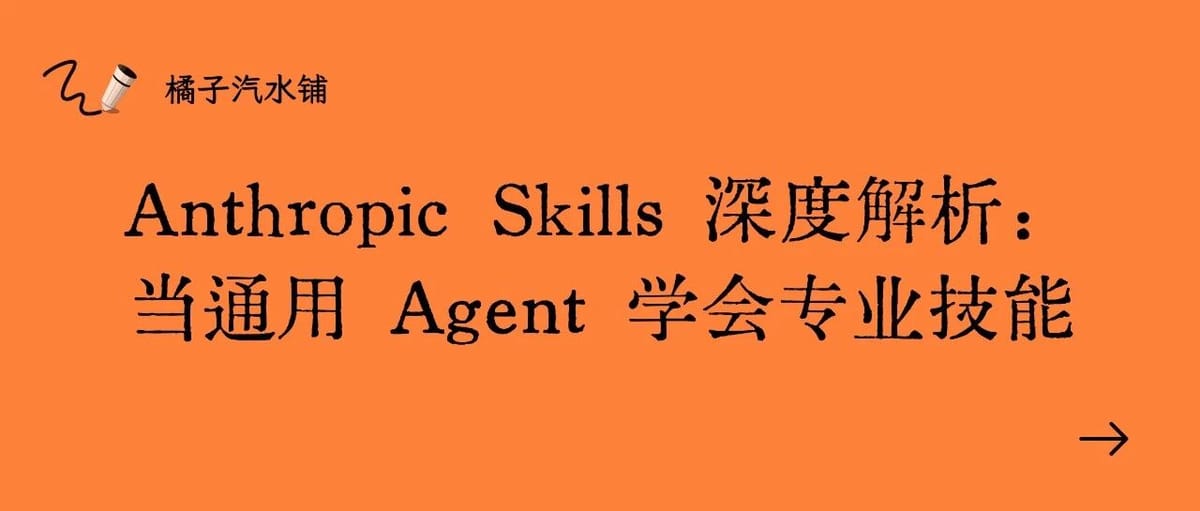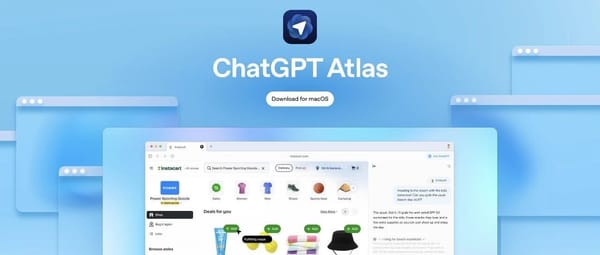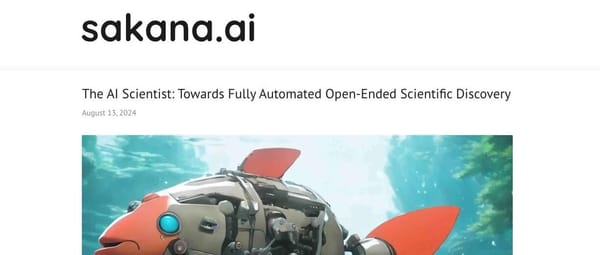Deep Dive into Anthropic Skills: When General Agents Master Specialized Expertise

Original Organic Big Orange — 2025-10-18 07:07 Beijing
Using a folder system as context is at the heart of Claude’s product philosophy.

---
Anthropic Skills — Deep Analysis
Yesterday I explored Anthropic’s newly open-sourced Skills repository.
It turned out to be far more interesting than expected.
Key Takeaways in One Sentence:
- What happens when a general-purpose Agent masters professional skills?
- Anyone can write professional skills.
- Anyone can load skills created by others.
- Could such an Agent handle most of our work?
---
What Are Anthropic Skills?
Official definition: Folders of instructions, scripts, and resources that Claude loads dynamically.
In plain terms:
Skills are collections of code and documents in a folder, which Claude can load on-demand to boost performance for specific tasks.
This folder-as-context method sits at the core of Claude’s architecture.
Claude can load memories and skills, making this Agent design both elegant and highly extensible.
The possibilities for future applications appear limitless.
---
Skill Folder Structure
skill-name/
├── SKILL.md # Core instruction file
├── scripts/ # Execution scripts
├── templates/ # Template files
└── LICENSE.txt # License termsEach skill’s `SKILL.md` file contains standardized YAML front matter:
---
name: skill-name
description: Function description and use cases
------
Categories of Open-Source Skills
Anthropic currently offers 20+ Skills, spanning domains from design to enterprise ops:
1. Creative Design
- algorithmic-art – Generative art via p5.js, with flow fields and particle systems
- canvas-design – Museum-quality static artworks, export to PNG/PDF
- slack-gif-creator – Slack-optimized GIF builder
2. Development Tools
- artifacts-builder – React + TypeScript + Tailwind CSS component generator
- mcp-builder – Build MCP (Model Context Protocol) servers
- webapp-testing – Playwright-based web application tester
3. Enterprise Applications
- theme-factory – Apply 10 professional themes instantly
- internal-comms – Draft internal corporate communications
- brand-guidelines – Use Anthropic’s brand style guide
4. Document Processing
(See original source for full details.)
---
The modular nature of Skills suggests a future where AI Agents can be extended with plug-and-play capabilities — reducing reliance on traditional software for certain tasks.
For creators managing AI content across platforms, this pairs naturally with ecosystems like AiToEarn官网 — an open-source global AI content monetization platform.
AiToEarn enables creators to generate, publish, and monetize across Douyin, Kwai, WeChat, Bilibili, Rednote, Facebook, Instagram, LinkedIn, Threads, YouTube, Pinterest, and X.
Combining Agent-side skill loading with AiToEarn’s publishing & analytics lets creators turn AI-generated creativity into sustainable income.
---
Document Skills — Process DOCX, PDF, PPTX, XLSX
---
Implementation Example — `algorithmic-art`
// Standard seed randomization pattern
let seed = 12345;
randomSeed(seed);
noiseSeed(seed);
let params = {
seed: 12345,
particleCount: 1000,
noiseScale: 0.01,
velocity: 2.0
};
function draw() {
// Algorithm based on design philosophy
// Ensures reproducible results each run
}---
Core Technical Features
- Standardized Interfaces — `SKILL.md` format.
- Reproducibility — Seed-based randomization ensures consistent outputs.
- Modular Design — Independent skills can be combined.
- Parametric Control — Fine-grained adjustments supported.
---
Product Comparison
Claude Skills — Professional Toolbox
Pre-built skill packs for PDF handling, design, and doc editing. Proven operational chains enhance Agent–human collaboration.
Manus AI — Super Assistant
Goal-driven; auto-plans and executes. Distributes tasks across 100+ AI assistants. High cost; best for budgeted business workflows.
Dify — Modular Platform
Drag-and-drop AI app builder. Requires assembly skills. Best for DIY or technical teams.
Summary:
- Professional Workflows → Skills
- Convenience → Manus
- Flexibility → Dify
---
Usage Examples
Claude Code / Plugin Marketplace:
add anthropics/skillsThen:
> "use the pdf skill to extract form fields from file.pdf"
Claude.ai:
Paid users can call skills directly in chat.
Claude API:
Upload and trigger custom skills via the Skills API.
---
Industry Impact
1. Standardization of AI Tooling
- Moving from “chatbots” to professional toolkits
- Creates a packaging standard for AI capabilities
- Defines architecture for future AI ecosystems
Platforms like AiToEarn官网 mirror this trend — bridging AI content generation, distribution, and monetization.
2. Democratization of Expertise
Encapsulating expert knowledge as Skills lowers the barrier to accessing professional tools.
3. Platform Ecosystem Formation
Claude → Skills Marketplace → Developer Community
Similar to the mobile OS → App Store → Developer loop.
---
Technical Evaluation
Pros:
- Low dev barrier — only Markdown + scripts needed
- High standardization, controlled quality
- Strong cross-platform support
Cons:
- Best for structured, repeatable tasks
- Limited for highly innovative work
- Community governance impacts quality
---
Benchmark Data
Document-skills run in Claude.ai production with enterprise-grade stability.
Internal figures show 40–60% task quality improvement vs. general chat, especially in docs and code.
---
Developer Opportunities
- Skill Developers — Package expertise into Skills
- Integration Providers — Chain multiple Skills for complex solutions
- Enterprise Customization — Build industry-specific Skills
---
Useful Links
- GitHub: https://github.com/anthropics/skills
- Skills API: https://docs.claude.com/en/api/skills-guide
- Community: https://support.claude.com/en/articles/12512176
---
Conclusion
Anthropic Skills mark a clear shift from general-purpose AI toward specialized capabilities.
This system could define future AI workflows.
Paired with distribution & monetization tools like AiToEarn官网, Skills can drive AI outputs from creation to revenue across multiple global platforms.
---
Do you want me to also create a quick-reference Skill Development Checklist so readers can start building their own Skills?




